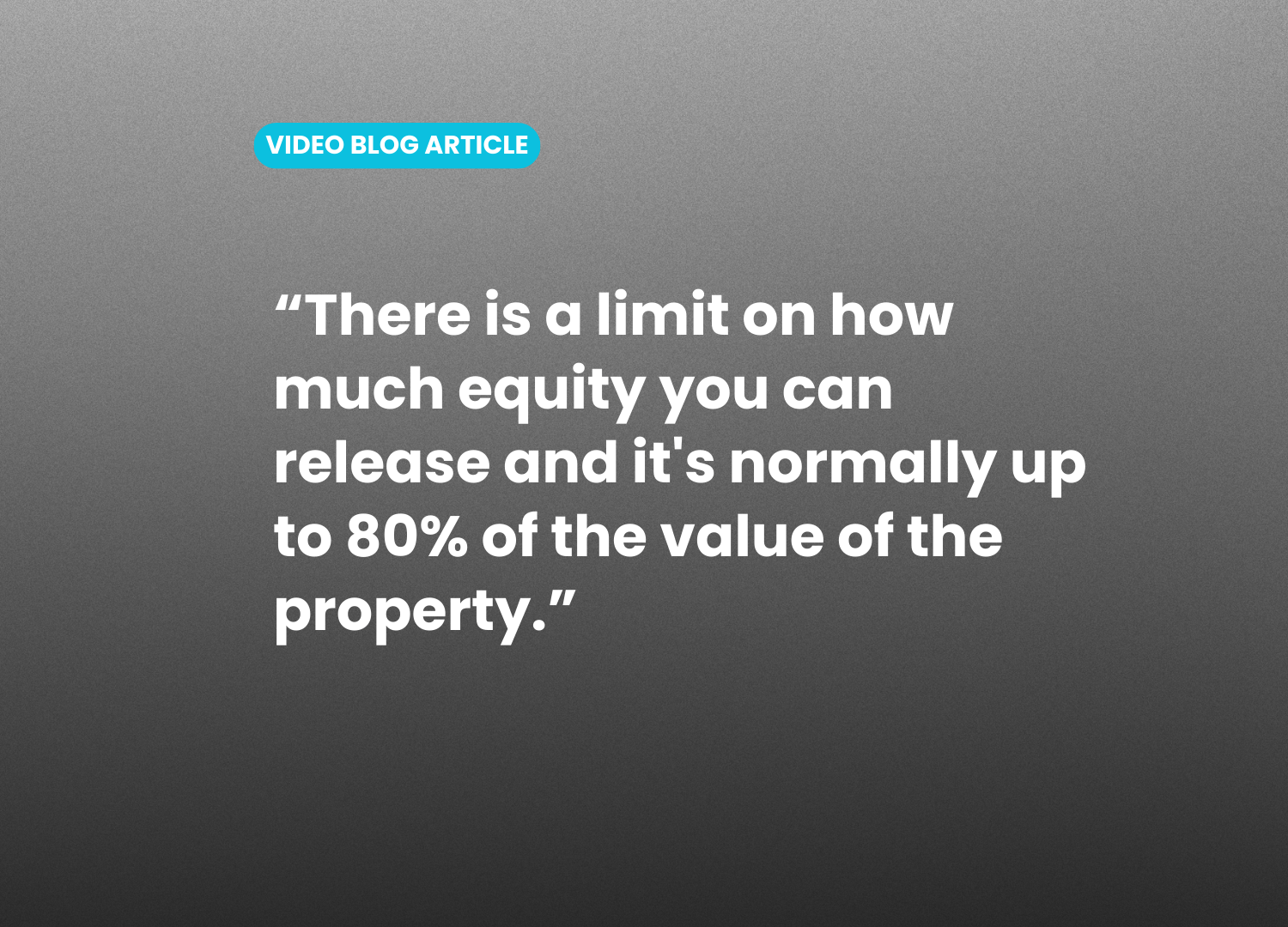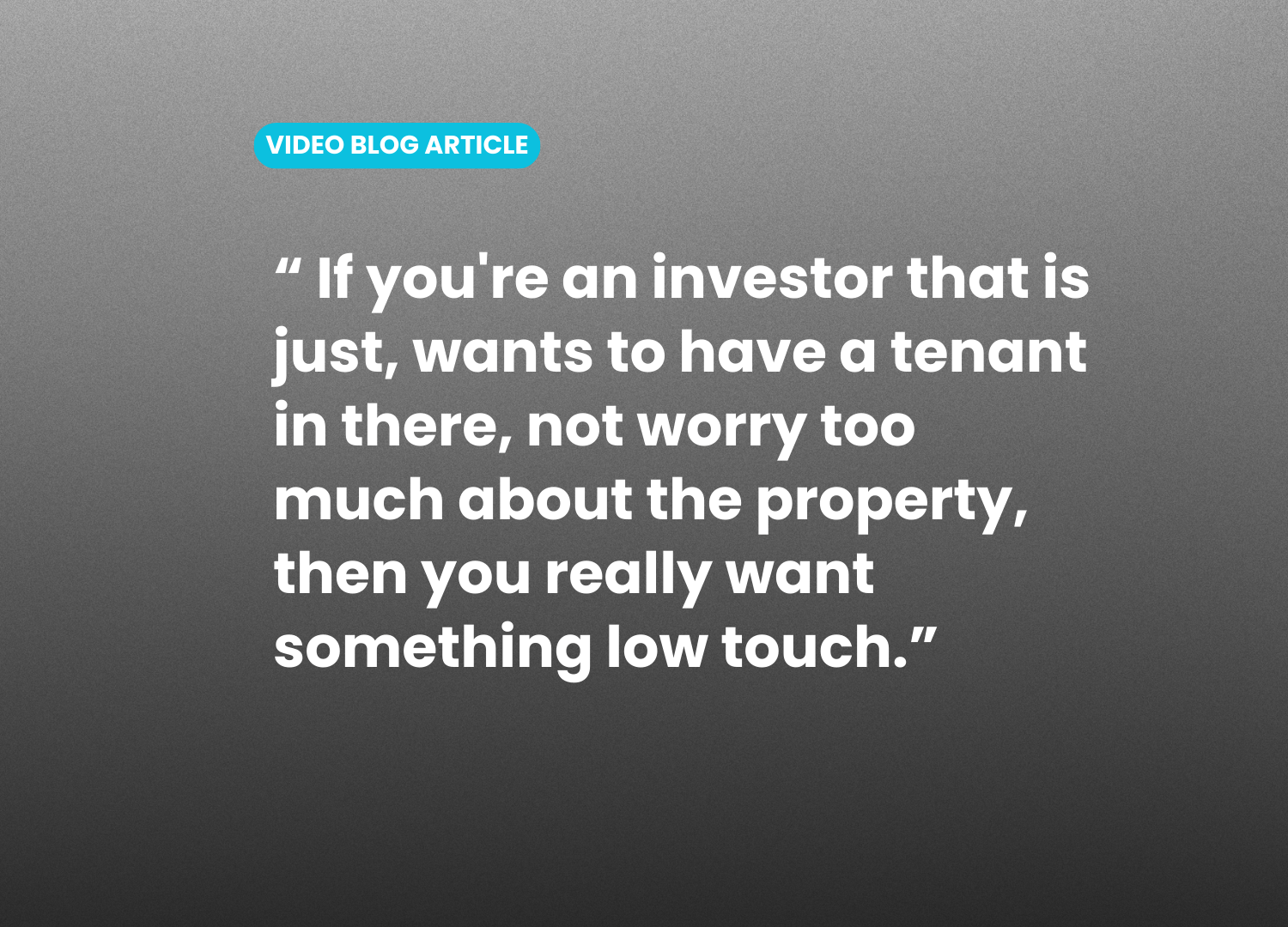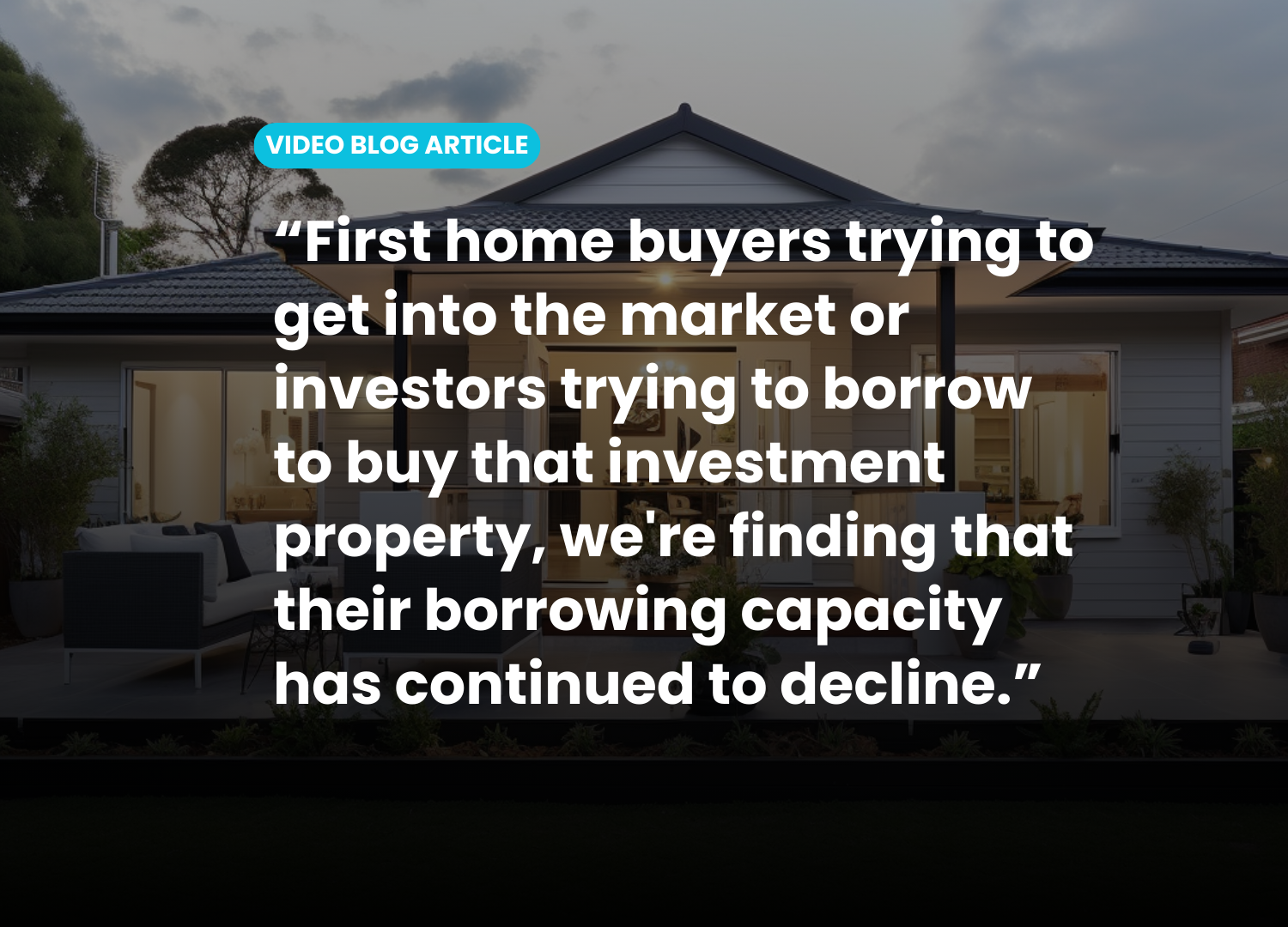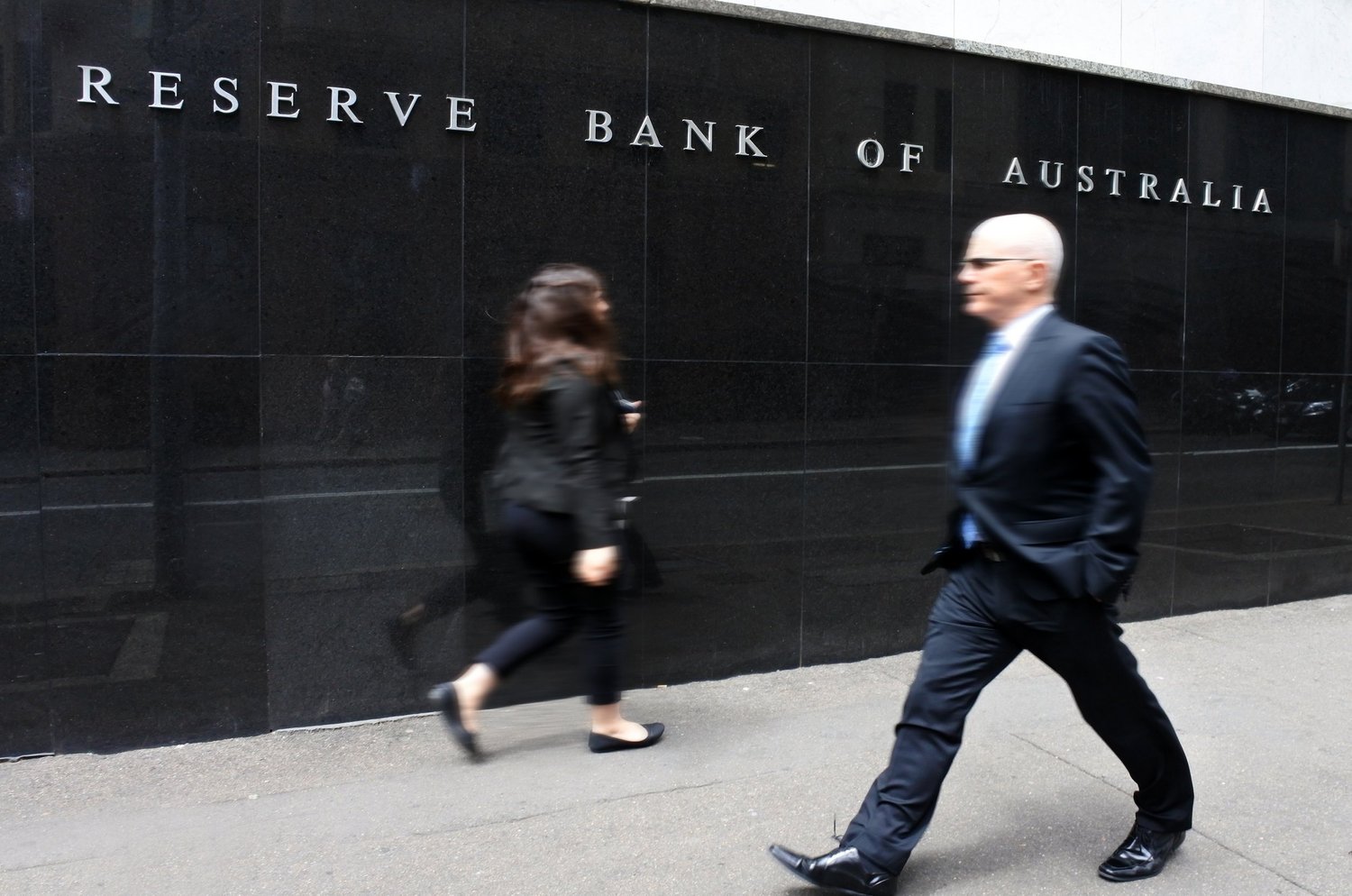
Unlocking Your Home's Equity - Uncover The Equity Release Limit To Avoid Risk
There is a limit on how much equity you can release and it's normally up to 80% of the value of the property. Over 80%, you start to go into lender's mortgage insurance territory again. This is where you're paying a fee for the bank to take out insurance against you.

Tips for Investors: Find a Property That Won't Cost You in Maintenance
As an investor, you should be particular on what type of property you wanna buy. If it's a property that has got a lot of maintenance, you've gotta be very selective on what kind of tenant goes into the property. If it's got a lot of woodwork, if it's got a lot of yard maintenance, if it's old, then the chances are that if you don't get a good tenant, it's gonna cost you a lot of money to maintain it.

Don't Buy An Investment Property Without Knowing These 4 Things First
The right time to buy an investment property is based on four key things. One is cash flow, knowing that you've got enough cash flow coming in to not only meet your current living expenses but the new commitment that you're about to embark on being the investment property and the loan that goes with it.

The Hidden Costs of Owning an Investment Property
When purchasing an investment property, it's crucial to consider not only the loan but also the various associated costs. Beyond the mortgage, there are expenses related to renting and maintaining the property.

Credit Scores: How Your Financial Past Affects Your Future
One of the most common concerns raised by clients and a significant hurdle encountered when dealing with banks is the credit score system. Many individuals find it challenging to grasp how this system works and how it impacts their financial standing.

Understanding the Pros and Cons of Fixed and Variable Home Loans
When it comes to choosing between a fixed or variable loan, many clients often ask for advice on which option is better. Both choices offer their own advantages and disadvantages. Ultimately, the decision depends on your unique circumstances and financial goals.

Simplifying the Mortgage Process: The Role of a Mortgage Broker
We take pride in providing personalised guidance tailored to each client's unique circumstances and conducting regular reviews to ensure they continue to secure the most suitable mortgage solutions. Serving as representatives, advisors, and advocates, our ultimate purpose is to work in our clients' best interest throughout the entire loan process.

What to Do with Rising Interest Rates 2023
This the supply problems across energy, fuel, food, and employment, and we are facing a calamity of too much liquidity, leading to rising prices. The government must slow down our spending and unfortunately, the only lever the RBA can use is interest rates.

Rising Interest Rates
Quite simply the reserve bank is wanting you to spend less. By spending less they are assuming that less activity will lower demand reducing costs as retailers and service providers are oversupplied and thereby stop rising their prices or at best start to lower them.